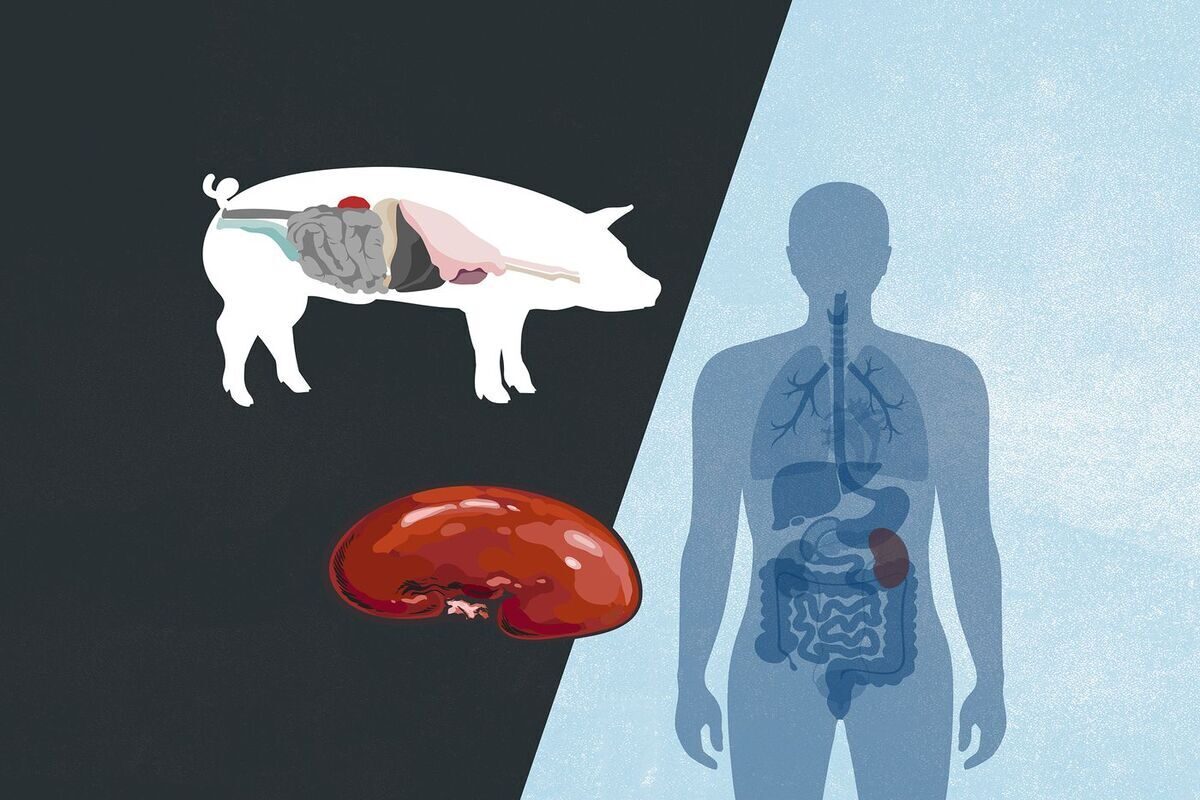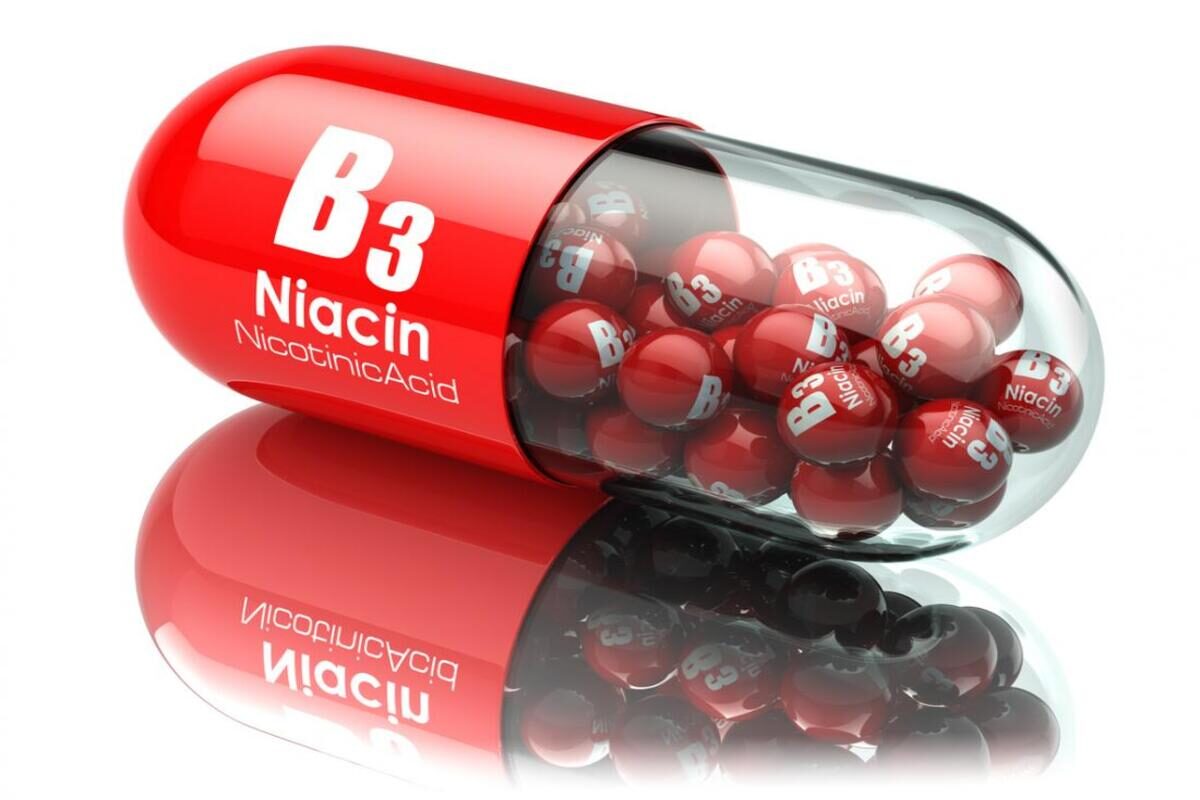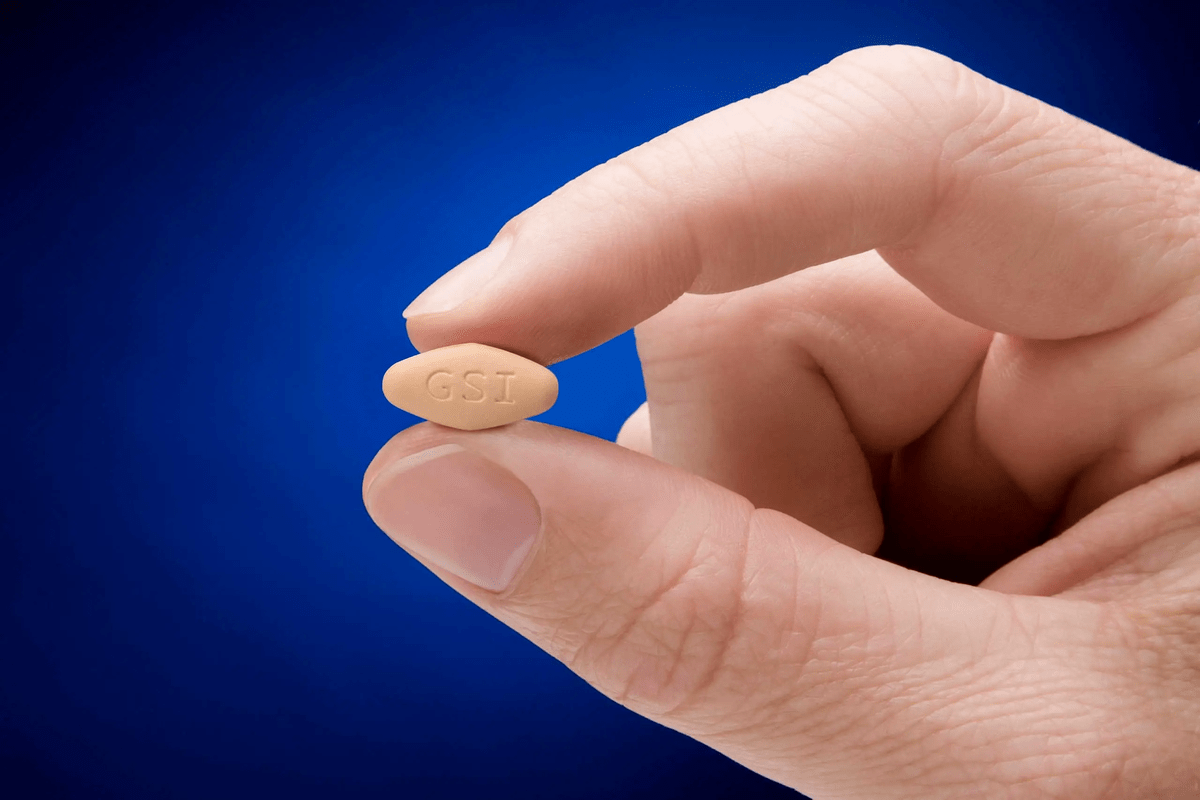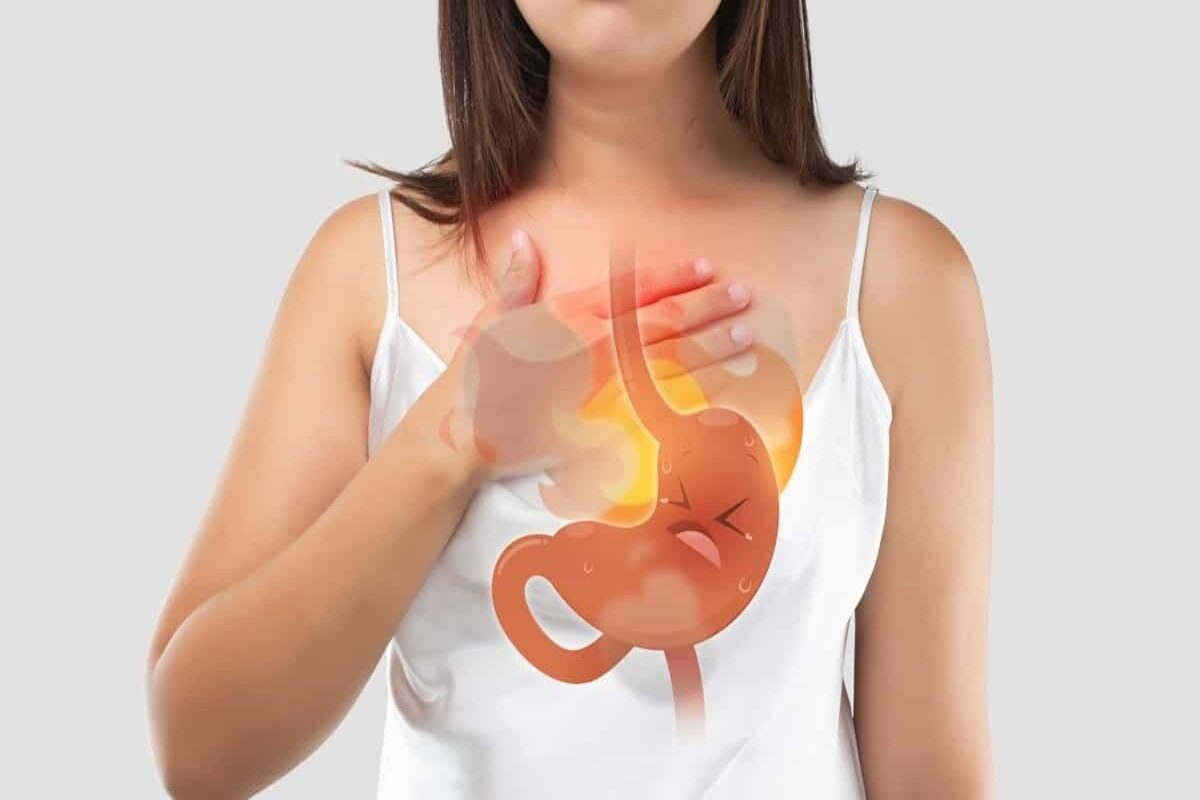Using the genetic cut and paste tool, CRISPR, scientists have moved a step closer to the possibility of pig organ transplants in human beings.
Currently, many people die waiting for the organ transplant due to the dramatic shortage in the availability of compatible organs. Though animals like pigs could act as an unlimited source of such organs, immune incompatibilities and viruses incorporated into the pig genome, called porcine endogenous retroviruses (PERVs), make this transplantation least likely.
However, scientists at eGenesis, a bioengineering company in Cambridge, Massachusetts, have come up with a genetic tool, CRISPR-Cas 9, that cuts the genome at the target points to remove 62 PERVs in pig cells in culture. Injecting these cells into the pig egg cells generated baby pigs that didn’t show any trace of PERVs.
This doesn’t mean that pig organs have become compatible for transplantation in humans; scientists have to work further to change other elements in pig transplants and make them compatible with the human body. Still, the removal of DNA-based viruses in pig organs has raised the chances of their transplantation into human patients one day, a process known as xenotransplantation.
The researchers of the study hope to see the combination of CRISPR technology with anti-apoptosis treatment not only for xenoptransplantation, but for large-scale genome engineering in primary cells.





